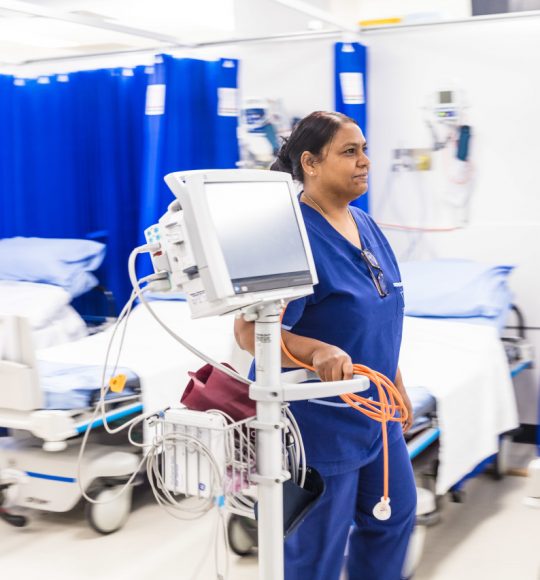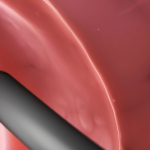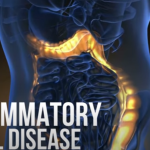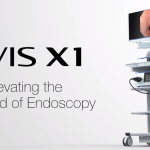Diverticular Disease
Diverticulosis and Diverticulitis | Diverticular Disease
Diverticular disease is very common and is present in 50% of people over the age of 60.
What is diverticular disease?
The large bowel (colon) consists of three layers:
- Mucosal (inner) layer
- Muscular (middle) layer
- Serosal (outer) layer
- Frequently, little pouches (mini-hernias) of the inner layer are forced through the muscular layer near small blood vessels. These pouches are called “colonic diverticuli”. If more than one is present then we call this condition “diverticular disease”.
- Diverticular disease is very common and is present in 50% of people over the age of 60. Uncomplicated diverticular disease causes no symptoms so most people are unaware that they have it.
What causes diverticular disease?
The cause is not know but it is most likely related to a low-fibre diet.
Most commonly diverticular disease is diagnosed when an examination of the bowel (colonoscopy) is performed for other reasons or for screening.
No specific therapy is required although it is generally recommended that people have a high fibre diet to reduce progression and complications.
What are the complications of diverticular disease?
The two major complications of diverticular disease are:
- Diverticulitis and
- Diverticular bleeding
What is diverticulitis?
The word “diverticulitis” literally means infection of a diverticulum. Diverticulitis occurs when a small piece of stool gets stuck in a diverticulum and causes ulceration and infection of the wall. The thin layer of the diverticulum can burst causing an abscess.
If the abscess is contained by the immune system then it is called “uncomplicated diverticulitis”.
Symptoms include:
- Continuous abdominal pain and tenderness
- Fevers/chills/shakes
- Night sweats
- Nausea, loss of appetite, tiredness
Usually uncomplicated diverticulitis resolves by itself although antibiotics will speed up recovery time. Surgery is rarely required.
“Complicated diverticulitis” results when the abscess is not contained and the bacteria and stool spread into the abdominal cavity. This is then called “peritonitis”. A large abscess or a fistula (an abnormal connection or communication) into an adjacent organ can also occur. Complicated diverticulitis usually requires hospital admission, antibiotics, and surgical intervention.





